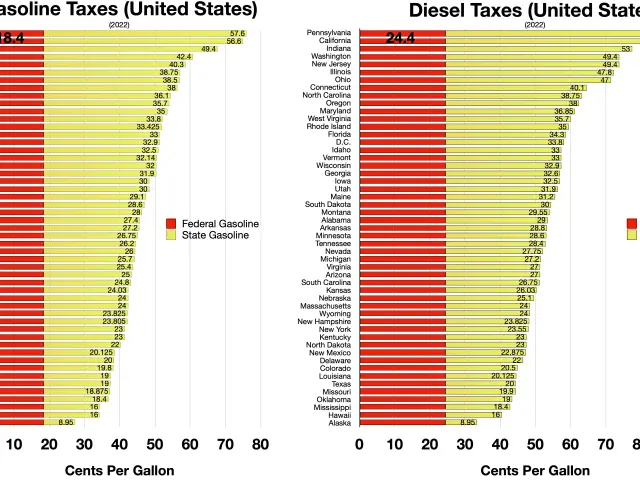Indonesia, China Face Eco-City Resistance Amid Energy Transition Push
The Rempang Eco-City project, a joint venture between Indonesia and China, faces local resistance due to concerns about traditional livelihoods. Meanwhile, both nations reaffirm their commitment to energy transition and environmental protection.
Indonesia, aiming for net zero emissions by 2060, needs up to USD 1.1 trillion for renewable energy. The country shifted its mineral industry focus to manufacturing in 2010. Several coal-fired power plants, funded by Chinese companies under the Belt and Road Initiative, are being constructed, raising environmental concerns.
PLN, Indonesia's state electricity company, plans to address energy demand mismatches with a super grid and green transmission lines. In 2023, Chinese companies like State Grid Corporation of China and China National Electric Engineering Co. signed contracts with PLN for energy transition and environmental protection. China's investments in Indonesia's energy sector have significantly boosted production capacity and created local jobs. Between 2006 and 2022, China invested around USD 35 billion in Indonesia's energy sector.
Despite local opposition to the Rempang Eco-City project, Indonesia and China continue to collaborate on energy transition. With USD 1.1 trillion needed for renewable energy, China's investments and technological expertise are crucial for Indonesia to achieve its net zero emissions goal by 2060.
Read also:
- Trump administration faces lawsuit by Denmark's Ørsted over halted wind farm project
- Police station transfer ceremony in Horb am Neckar
- Unchecked Management of HP Dams Leads to Environmental Disaster: RTI Reveals
- Rapid advancements in automotive policies worldwide fuel transition towards electric vehicles








